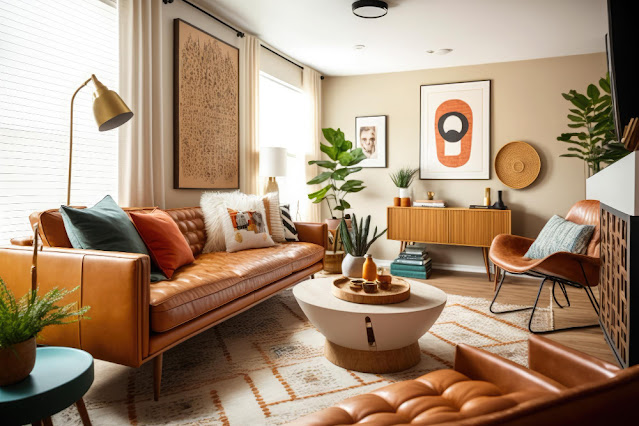This article delves into
the profound impact of technology on the modern home design industry, exploring
how Cape Town
Interior Decorators and their counterparts are embracing this technological
revolution.
Digital Design Tools
One of the most
significant advancements in home design is the adoption of digital design
tools. Architects and designers now have access to sophisticated software that
allows them to create intricate 3D models and renderings of homes. These tools
enable clients to visualize their future spaces more accurately, leading to
better decision-making and fewer surprises during the design process.
Virtual Reality (VR) and Augmented Reality (AR)
VR and AR technologies are
pushing the boundaries of home design. Residential interior designers in Cape Town are using VR to create
immersive virtual walkthroughs of homes before construction begins. Clients can
step into a digital representation of their future spaces, allowing for
real-time changes and adjustments.
Sustainable Design
Technology has played a
pivotal role in promoting sustainable home design. Designers can now access
databases of eco-friendly materials and incorporate energy-efficient systems
into their plans. These innovations not only benefit the environment but also
contribute to lower long-term operating costs for homeowners.
Home Automation and Smart Homes
The rise of smart home
technology has revolutionized the way homes are designed and operated. interior
decorators are integrating smart features seamlessly into their designs,
allowing homeowners to control lighting, security, heating, and more with the touch
of a button or a voice command.
Online Collaboration and Communication
Technology has made it
easier for designers, clients, and contractors to collaborate, even when
geographically distant. Virtual meetings, cloud-based project management tools,
and online design platforms facilitate efficient communication and project tracking.
Energy Efficiency and Sustainability
Incorporating technology
into home design has led to significant advancements in energy efficiency.
Smart thermostats, solar panels, and energy-efficient appliances are just a few
examples of how technology is helping homeowners reduce their carbon footprint
and energy bills.
Data-Driven Design
Big data and analytics are
informing home design decisions. Designers can analyze data on factors like
climate, traffic patterns, and demographics to create designs that are tailored
to the specific needs and preferences of homeowners.
Customization and Personalization
Technology has enabled a
higher level of customization in home design. From personalized lighting
schemes to custom furniture, homeowners can now have spaces that truly reflect
their individual tastes and lifestyles.
Sustainable Materials Sourcing
With the help of
technology, designers can source sustainable materials more easily. They can
access databases of eco-friendly suppliers and track the environmental impact
of each component used in a design.
Improved Efficiency and Accuracy
Lastly, technology has
enhanced the overall efficiency and accuracy of the home design process.
Advanced software, precise measuring tools, and computer-aided design (CAD)
systems have reduced errors and streamlined workflows, saving both time and
money.
Conclusion
The influence of
technology on the modern home design industry is undeniable. From digital
design tools to sustainable practices, smart home integration, and data-driven
decisions, technology has opened up a world of possibilities for interior
decorators and their counterparts worldwide. As technology continues to evolve,
so too will the way we envision and create our living spaces, ensuring that the
homes of the future are both innovative and sustainable.

No comments:
Post a Comment